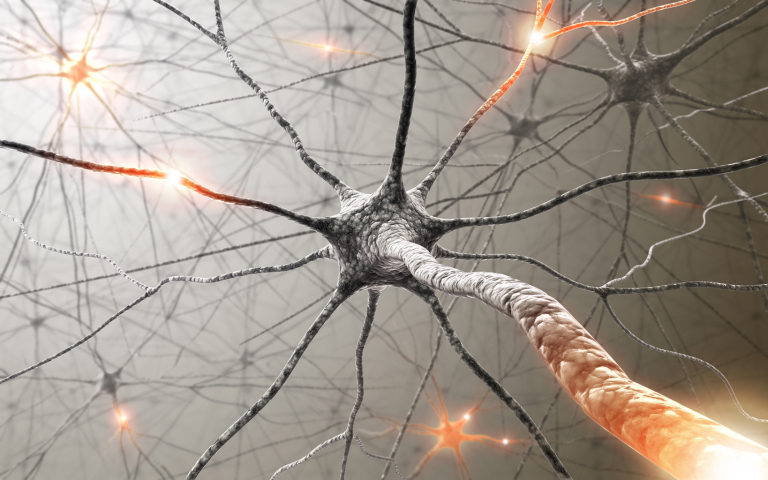
Image: ktsimage/Istock.com via AFP Relaxnews
Could it be that human beings live longer than gorillas because humans have more neurons?
A study led by Suzana Herculano-Houzel, associate professor of psychology and biological sciences at Vanderbilt University, published in the Journal of Comparative Neurology, suggests that the number of neurons in the cerebral cortex could determine longevity and sexual maturity.
Neurons vs. body size
Herculano-Houzel examined more than 700 warm-blooded animal species. She compared records of their longevity with data on the number of neurons in each species’ brains and saw a pattern emerge.
Certain species of birds live longer than primates of the same size, which in turn live longer than non-primate mammals of similar size. Therefore, contrary to what is often assumed, it appears that the size of a species does not determine how long it lives.
The same species of birds also take longer to reach sexual maturity than primates of a similar size.
Human longevity and maturity
In this light, contrary to some assumptions, humans do not have an uncommonly long childhood and adolescent period. Instead, this period is proportional to the number of neurons in the human cerebral cortex.
According to Herculano-Houzel, given the number of neurons in the human cortex, the time it takes humans to reach sexual maturity and longevity are perfectly logical. For instance, they live longer than gorillas, which are larger animals, because the human brain contains more neurons.
Connecting the cortex and longevity
Unlike cells in the body, which are constantly being replenished, neurons in the cortex are thought to last an individual’s lifetime. When a neuron is damaged, it is not replaced. Since the cortex is directly linked to the body’s adaptability and the way in which it interacts with the environment, if neurons are damaged, the body’s functionality is diminished and longevity is reduced.
Take care of your mind
The cortex plays a direct role in emotions, stress management, etc. and aging starts from adolescence. The study therefore advocates taking care of your mind and keeping neurons healthy and occupied for the best chance of living long and well. JB
RELATED STORIES:
Could mindfulness help menopause symptoms?
1.4 billion risk disease from lack of exercise – WHO